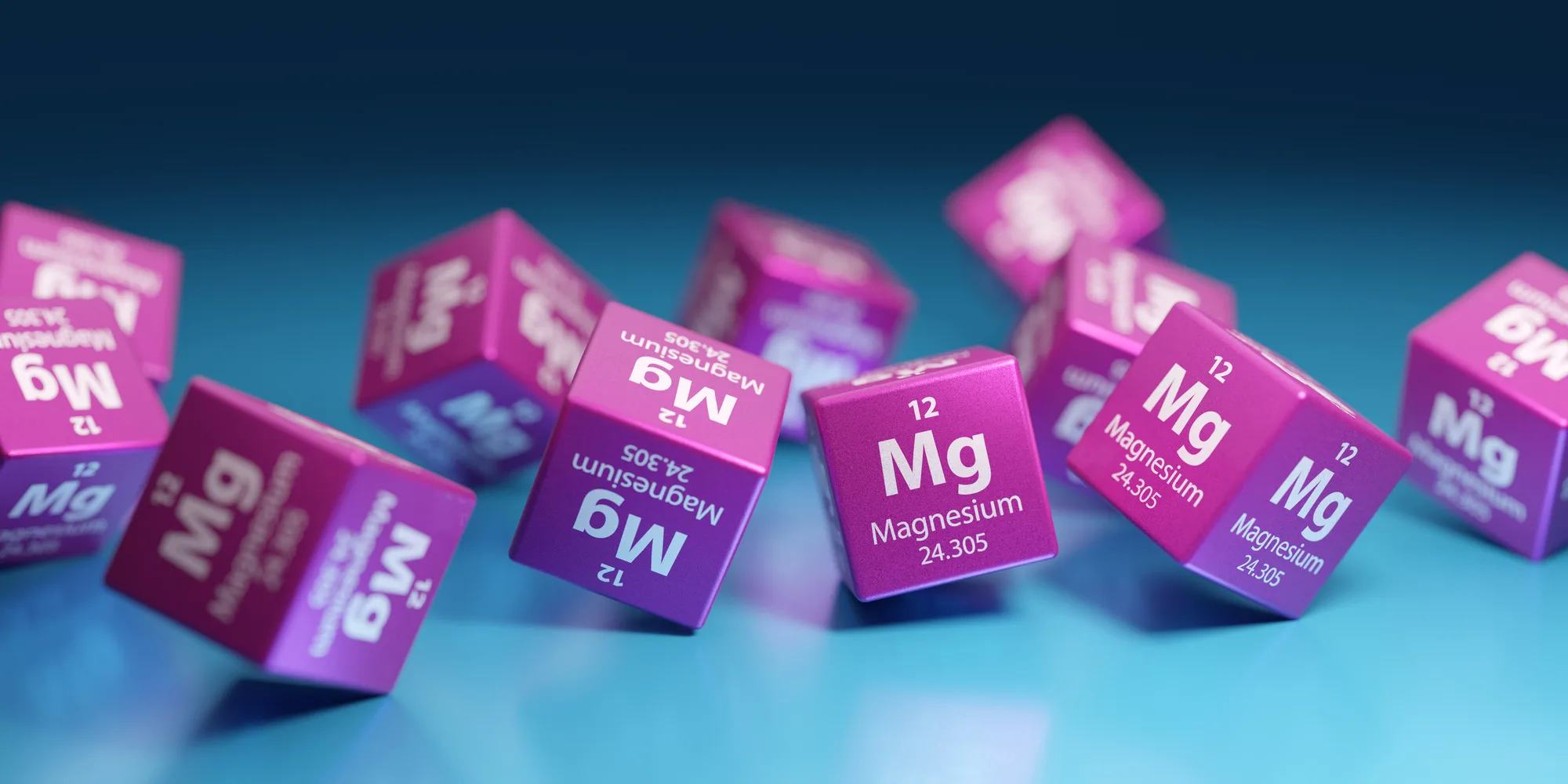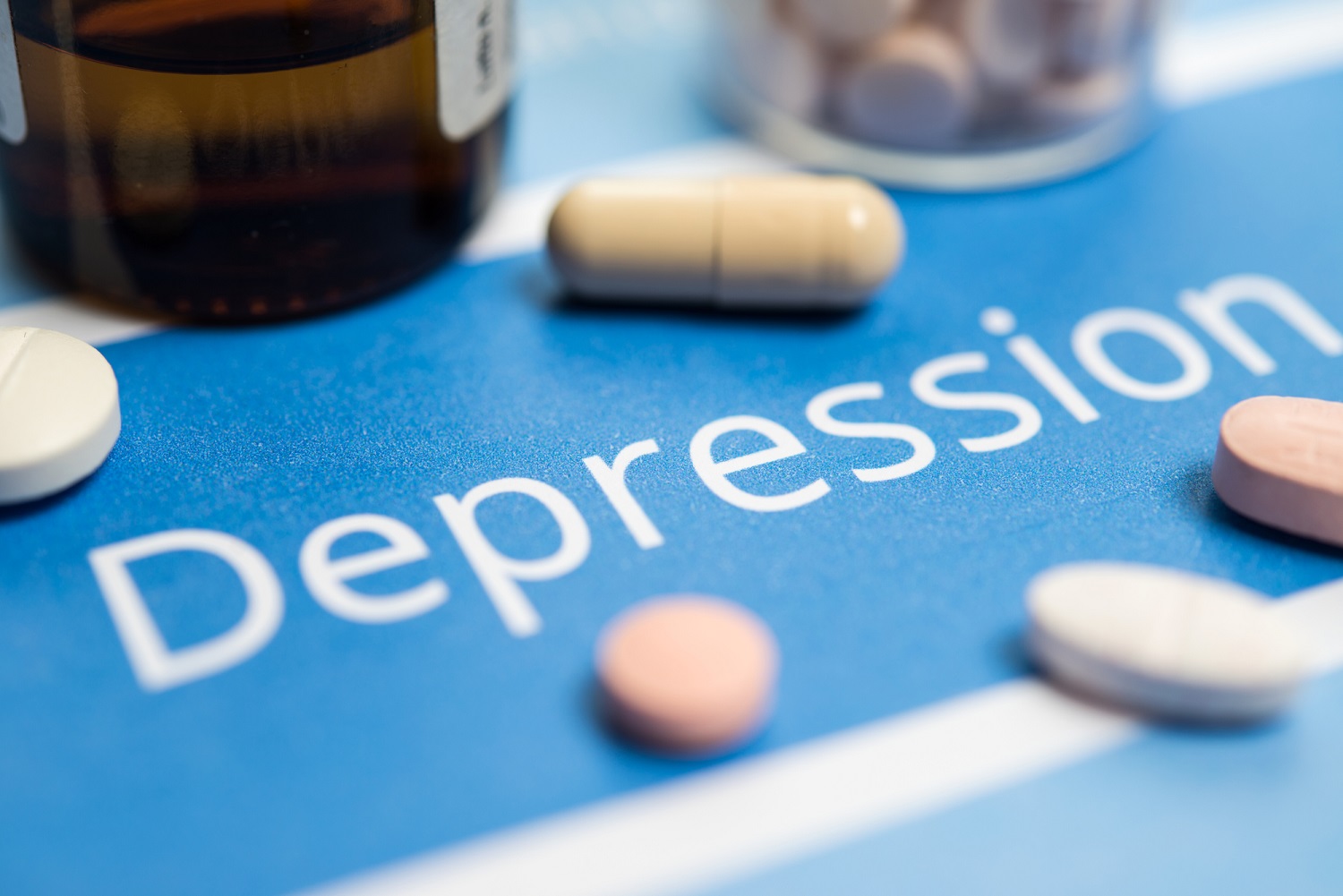Many individuals with posttraumatic stress disorder struggle to find relief through standard pharmacological therapies. Medications like SSRIs and SNRIs have historically been associated with persistent and residual symptoms, even among patients who respond to the medication. Growing medical evidence points to the neurotransmitter glutamate as having an important role in stress mediation, the formation of traumatic memories, as well as the pathophysiology of PTSD.
In recent years, ketamine has been discovered as an effective treatment for individuals with treatment-resistant depression, due to its mechanism of action as a glutamate antagonist. This also has led researchers to explore ketamine’s efficacy in treating individuals with PTSD or those who have had exposure to trauma. In 2014, Feder et. al conducted a double-blind randomized clinical trial measuring the effectiveness of ketamine infusions in reducing PTSD symptoms.
In total, 35 participants completed the study, all of which were patients diagnosed with chronic PTSD assessed with DSM-IV criteria and scoring at least 50 on the Clinician-Administered PTSD Scale, or CAPS. All patients were between 18 and 55 years old and did not have a lifetime history of bipolar or psychotic disorder, recent alcohol abuse or dependence, current bulimia or anorexia nervosa, homicidal or suicidal ideation, or use of any psychotropic medications.
All participants were free of concomitant psychotropic medications 2 weeks prior to group randomization. On each procedure day, participants were assigned to receive either a single ketamine IV infusion or a midazolam infusion. Midazolam was chosen as the active placebo control due to its similar pharmacokinetic parameters and nonspecific behavioral effects to ketamine. Infusions were administered over the course of 40 minutes, and the order of infusions was randomly assigned with each administration 2 weeks apart. Patients who scored lower than 50 on CAPS two weeks after the first infusion were not eligible to receive the second infusion. Altogether, 6 patients completed the study after 1 infusion and 29 completed both infusions. CAPS assessments were administered at baseline and 7 days after each infusion. Primary outcome measurements included symptom severity 24 hours after each infusion using the Impact of Even Scale-Revised (IES-R) assessment. Secondary outcome measurements included the MADRS depression scale, the Quick Inventory of Depressive Symptomatology (QIDS-SR), the Clinical Global Impression-Severity (CGI-S), and the Clinical Global Impression-Improvement (CGI-I) scales.
The results of the study showed significant improvement in patients 24 hours after receiving the ketamine infusion compared to the midazolam infusion. Additionally, symptoms remained significantly improved in 7 patients after ketamine infusion, compared to only 1 patient after midazolam. Crossover analyses also showed significant improvement in CGI-S and CGI-I scores following ketamine infusion. Additionally, MADRS scores and interaction between 24-hour MADRS score and treatment were not predictors of IES-R scores after infusion.
This data suggests that a single ketamine infusion was not only safe and well tolerated, but can significantly reduce core PTSD symptoms in patients with chronic PTSD within 24 hours, and individuals can maintain benefits well beyond 24 hours. While depression symptoms and PTSD symptoms may be related, the data showed that ketamine had a significant effect on PTSD symptoms beyond simply improving depression symptoms. These findings indicate that NMDA receptor modulation can lead to rapid reduction of PTSD symptoms, providing the first randomized, controlled evidence of this link.
Although the specific biological actions underlying the effects of ketamine in patients with PTSD remain unknown, the role of glutamate in memory formation and PTSD and the results of this study encourage further research on the interaction between ketamine and PTSD symptoms.






















